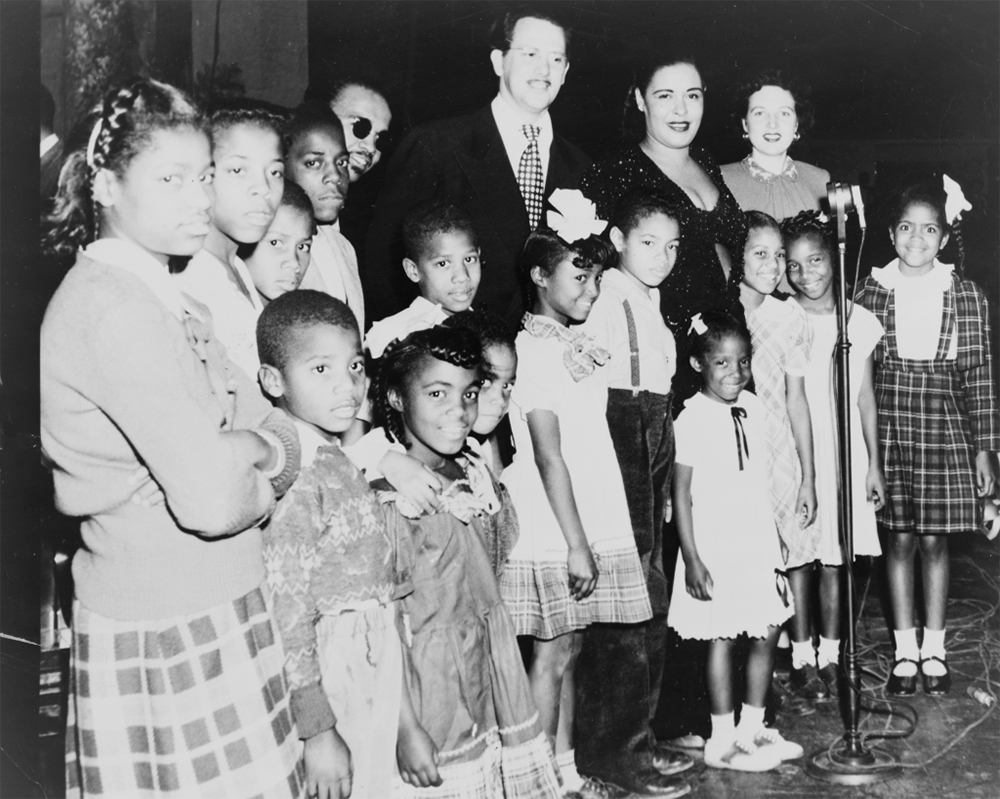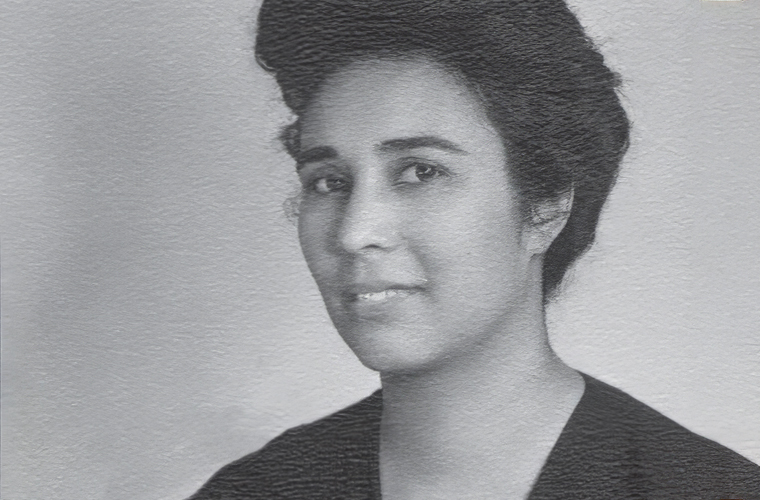Lucinda Todd was one of the thirteen plaintiffs who filed a lawsuit against the Board of Education of Topeka, Kansas, in 1951, challenging the racial segregation of public schools. Her story is not as well-known as that of Oliver Brown, whose name became synonymous with the landmark case Brown v. Board of Education, but her role was equally important and courageous.
Lucinda Todd was born in 1903 in Topeka, Kansas, to a prominent African American family. Her father, John Scott, was a lawyer and a civil rights activist who fought against discrimination and lynching. Her mother, Florence Scott, was a teacher and a suffragist who campaigned for women’s rights and education. Lucinda inherited her parents’ passion for social justice and became an active member of the National Association for the Advancement of Colored People (NAACP).
Lucinda Todd married Leonard Todd, a postal worker, in 1924 and had two daughters, Nancy and Carolyn. She enrolled her daughters in the segregated Monroe Elementary School, which was closer to their home than the white school. However, she soon realized that the quality of education and facilities at Monroe was inferior to that of the white school. She also witnessed the psychological effects of segregation on her children and other black students, who felt inferior and unworthy.

Lucinda Todd decided to take action and joined the NAACP’s legal committee in Topeka. She helped recruit other black parents who were dissatisfied with the segregated school system and willing to file a lawsuit against the Board of Education. She also collected evidence of the disparities between black and white schools, such as photographs, enrollment data, and testimonies. She was the first parent to sign the petition that initiated the lawsuit, which was filed on February 28, 1951.
The lawsuit was named after Oliver Brown, a minister and a father of a third-grader who was denied admission to a white school. The NAACP’s legal team, led by Thurgood Marshall, argued that the segregation of public schools violated the Fourteenth Amendment’s guarantee of equal protection under the law. The Board of Education’s defense was that the schools were separate but equal, as permitted by the 1896 Supreme Court ruling in Plessy v. Ferguson.
The case went to trial in June 1951 before a three-judge panel at the U.S. District Court in Kansas City. The judges agreed that segregation had a detrimental effect on black children’s self-esteem and education, but they upheld the Board of Education’s policy based on the precedent of Plessy v. Ferguson. The NAACP appealed the decision to the Supreme Court, where it was combined with four other similar cases from Delaware, South Carolina, Virginia, and Washington D.C.

On May 17, 1954, the Supreme Court issued its historic ruling in Brown v. Board of Education, declaring that “separate educational facilities are inherently unequal” and that racial segregation in public schools violated the Fourteenth Amendment. The decision overturned Plessy v. Ferguson and marked a major victory for the civil rights movement. It also paved the way for further legal challenges to segregation in other areas of public life.
Lucinda Todd was among the plaintiffs who attended the Supreme Court hearing and witnessed history being made. She later said that she felt “a great sense of relief” and “a great sense of accomplishment” after hearing the verdict. She continued to work for racial equality and integration in Topeka and beyond until her death in 1996 at the age of 93.
Lucinda Todd’s legacy lives on through her family, her community, and her contribution to one of the most significant cases in American history. She is remembered as a brave and determined woman who fought for justice and dignity for herself and her children.

